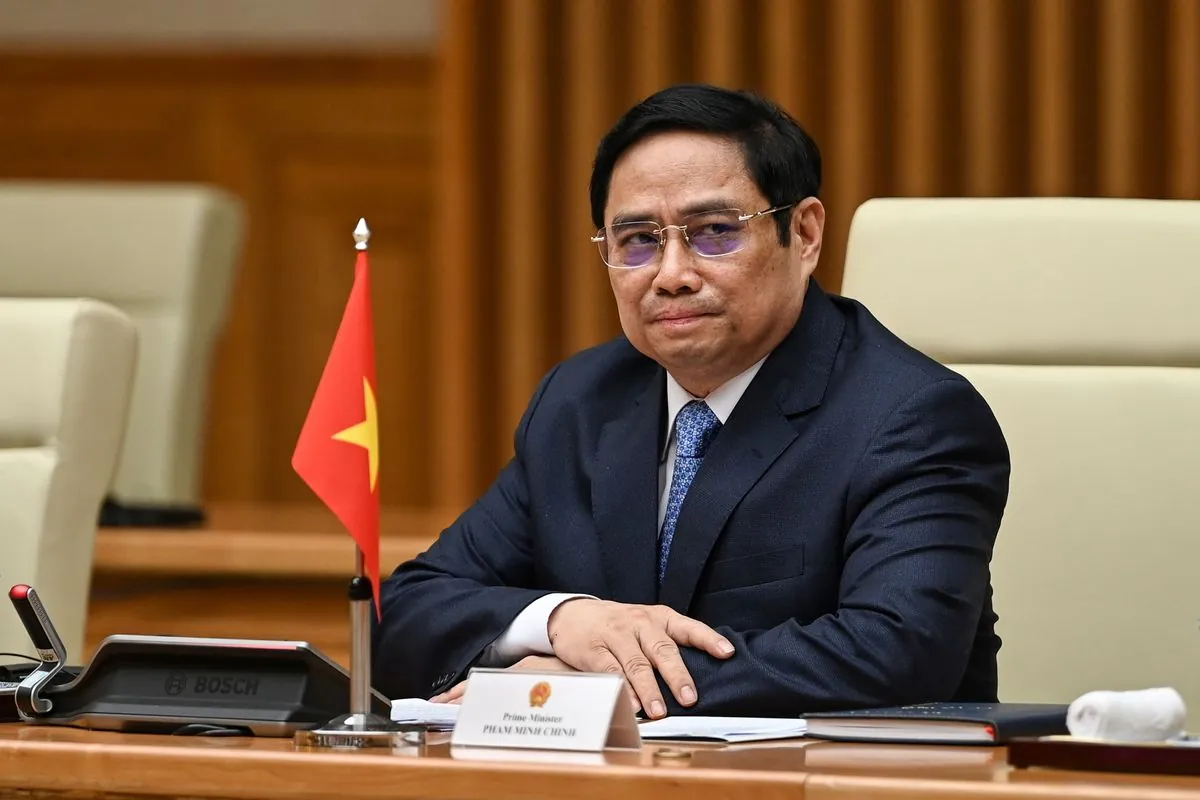Vietnam Explores Nuclear Power for Energy Security and Growth
Vietnam plans to investigate nuclear power development to ensure energy security and support economic growth. The government aims to increase power generation capacity to meet rising demand and achieve net-zero emissions by 2050.

In a significant shift in energy policy, the Vietnamese government has announced plans to explore nuclear power development. This decision, revealed in a document dated September 12, 2024, aims to address the nation's growing energy needs and support its ambitious economic goals.
Vietnam, a key industrial hub in Southeast Asia, is currently heavily dependent on coal for power generation. However, the country is seeking to diversify its energy sources to ensure national security and meet its commitment to achieve net-zero emissions by 2050. This move towards nuclear power represents a major step in this direction.
The Ministry of Industry and Trade has been tasked with conducting comprehensive research on nuclear power development experiences from other countries. Their findings will form the basis of a proposal for implementing nuclear energy in Vietnam. This proposal will ultimately be submitted to the Politburo, the country's highest decision-making body, for review.

Vietnam's decision to reconsider nuclear power comes after previously suspending such plans in 2016. The country, which joined the Nuclear Non-Proliferation Treaty in 1982, is now revisiting this option in light of its rapidly growing energy demands. With electricity consumption increasing by approximately 10% annually, Vietnam has some of the fastest-growing energy needs in Asia.
The government has set an ambitious target of increasing power generation capacity by 12-15% per year. This goal is closely tied to Vietnam's economic aspirations, as the country aims to support annual economic growth of 7%. As the third-largest country in Southeast Asia by population, Vietnam has experienced rapid economic expansion since the 1980s, becoming a major exporter of electronics, textiles, and agricultural products.
While exploring nuclear options, Vietnam is also investing heavily in renewable energy sources. Since 2017, the country has made significant strides in solar power development. Additionally, its first large-scale offshore wind farm is currently under construction, taking advantage of the country's 3,000-kilometer coastline.
The decision to investigate nuclear power is part of a broader strategy to reduce reliance on coal. Vietnam aims to decrease coal usage in its energy mix by 2030, despite having significant reserves of coal, oil, and natural gas. This shift aligns with the country's commitment to sustainable development and environmental protection.
As Vietnam moves forward with its energy plans, it faces unique challenges due to its geography. The country is working on improving its power grid infrastructure to ensure efficient distribution across its diverse landscape. This comprehensive approach to energy development underscores Vietnam's commitment to balancing economic growth with environmental responsibility.
"The Ministry of Industry and Trade is to conduct research on the nuclear power development experience of other countries and make a proposal to develop nuclear power in Vietnam."
This strategic move towards nuclear power, combined with investments in renewable energy and grid improvements, demonstrates Vietnam's proactive approach to securing its energy future while striving for sustainable economic growth.


































